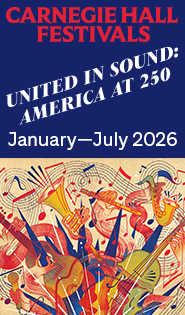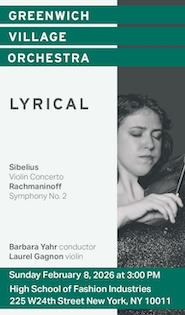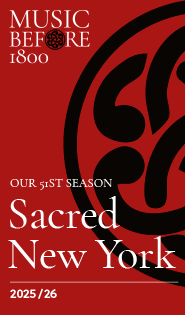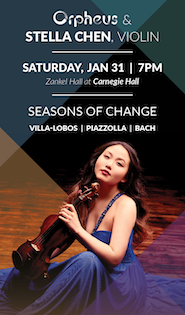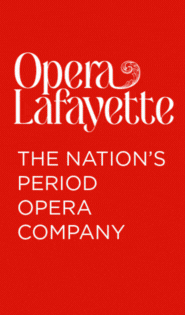Three stellar sopranos open Resonant Bodies festival with strong, deep music
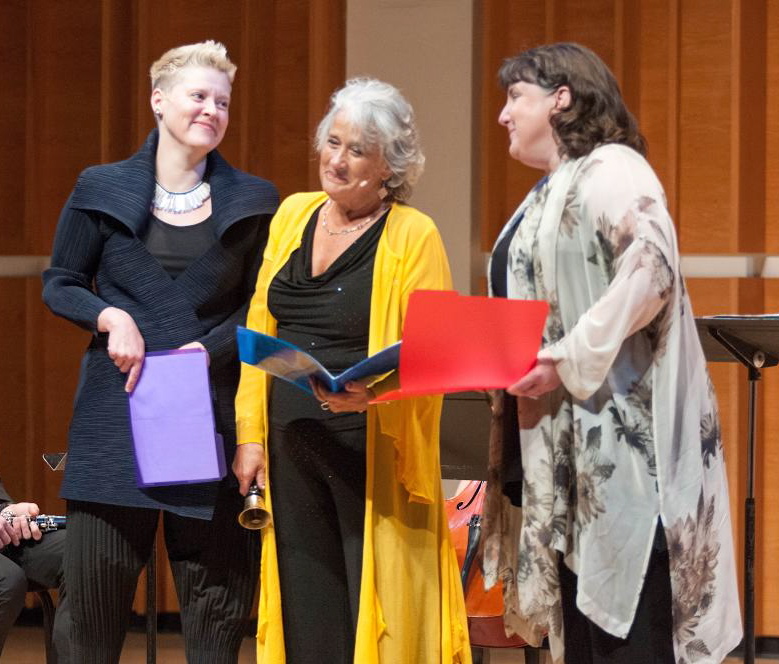
Tony Arnold, Lucy Shelton and Dawn Upshaw opened the Resonant Bodies festival Wednesday night at Merkin Concert Hall. Photo: Zac Clark
Resonant Bodies is the name of an inventive festival, now in its third season, that opened Wednesday night at Merkin Concert Hall. It’s also a fundamental description of the instrument around which the festival is built: the human voice.
The resonating vessel for the voice is the body, and it’s easy to focus on the mouth, the face, and of course the words. But the voice is an instrument that makes pitched sounds—and more—and the Resonant Bodies festival exploits that to the aesthetic limit by mixing songs and instrumental vocal music, old and new.
The festival also enlists the finest singers around, and the opening concert was made from three sets, one each from the sopranos Tony Arnold, Dawn Upshaw, and Lucy Shelton. That’s as formidable a group as one will ever encounter. The music they performed was equally strong and deep, including several local and world premieres from composers young and old. The sets were also organized by mood and concept, with one piece segueing into a related one, for a smooth and engrossing experience that seemed far shorter than the three-hour duration.
Arnold’s set, called “Forgetting,” began with Beat Furrer’s stunning Lotófagos, a duet with contrabass (played by Randall Zigler). The words come from José Angel Valente’s Fragments de un Libro Futuro, and Furrer further splits them into syllables, phonemes, and pure sounds. The music also digs deep into the voice as an instrument, pairing the soprano with double-stop harmonics on the bass. The sound is strange and engrossing; the voice seems to pick up the pitch and timbre of the bass and lose its own qualities, coming off as pure reverberation.
Arnold followed this with excellent performances of three Webern songs and of Kurtag’s Requiem for the Beloved, accompanied by pianist Jacob Greenberg. She also demolished Jason Eckardt’s virtuosic Dithyramb, from his piece Tongues—a thrilling exhibition of physical skill and intellectual agility. Although her set ended on a slightly desultory note, with Thomas Ades’ lugubriously comic Living Well (the words come from Tennessee Williams), she sang the New York premieres of David Liptak’s “Beauty and the Beast,” from Dove Songs, and George Crumb’s “In the Forest of Clocks” from The Yellow Moon of Andalusia, as well as the world premiere of four sections from Fredrick Gifford’s 100 Not-Songs for JOHN CAGE, with grace and clarity.
Upshaw, whose voice had exceptional presence, was first accompanied by pianist Gilbert Kalish and then by musicians from the ensemble Contemporaneous in two different pieces that comprised her set. The first was particularly poignant, the world premiere of On Loving: Three Songs for Diane Kalish, in memoriam, composed by Sheila Silver in tribute to the pianist’s departed wife. These settings of Shakespeare, Edna St. Vincent Millay, and Kahil Gibran, were by relative measure the most conventional music of the evening, the words well-set and the music well-crafted. Upshaw’s straightforward manner kept any sentimentality at bay while maintaining a warm expression.
Following this was Shawn Jaeger’s The Cold Pane, from a poem by Wendell Berry—a desolate meditation on death, rather than a remembrance of life. Scored for soprano, clarinet, mandolin, violin, and bass, the music upends all expectations of homophonic accompaniment, replacing it with a radically ascetic collection of sharp pizzicatos, tappings, and clacks. Against this, Upshaw sang subdued, languid lines, and the result was unsettling and engrossing.
Shelton’s commanding set also featured unexpected instrumentation. When not singing a cappella, she was supported by clarinetist Carlos Cordeiro and cellist Meaghan Burke, and for John Chowning’s Voices (v.3), by Charles Hagaman, who handled live electronic processing of Shelton’s voice. Her set was titled “Soul Perching,” after Eric Nathan’s concluding piece (a world premiere). Where Arnold and Upshaw had explored the concepts of history and remembering, the music Shelton sang was an expressive response to what had been heard.
Her singing was gorgeous and full of ideas. The solo pieces were especially satisfying for the complete focus on her voice—she opened with James Yannatos’ charming Hope is the thing with feathers, then sang Elliott Carter’s lyrical La Musique, and the world premiere of Susan Botti’s colorful, ritualistic “Listen, my heart,” from Bird Songs.
That piece segued into Chowning’s music, which was the only longueur of the evening. The composer is an important electronic musician, the discoverer of FM synthesis, and Voices was full of attractive, complex sounds, but the text, cobbled together from Aeschylus, Herodotus, Plutarch, and others, is verbose and lecturing, and doesn’t hold the attention.
Everything else did, however. The world premiere of Richard Festinger’s smart Cummings Settings; another premiere from Icli Zitella, Animalia: a litany for extinct bird species, with colorful cello accompaniment; Tom Flaherty’s When Time Was Young—perhaps the strongest singing of the night—and Nathan’s piece. That work opens with his own take on the “Hope is the thing with feathers” texts, then concludes with “Canon for Three.” Descending parallel aisles, Upshaw and Arnold joined Shelton in song, then on stage, for a rapturous ovation from the enthusiastic audience.
The Resonant Bodies Festival continues 7:30 p.m. Thursday, at the Abrons Arts Center, and concludes 7:30 p.m. Friday, at Roulette. resonantbodiesfestival.org.
